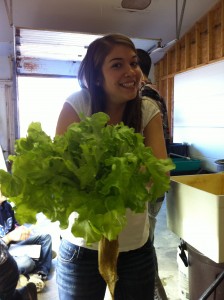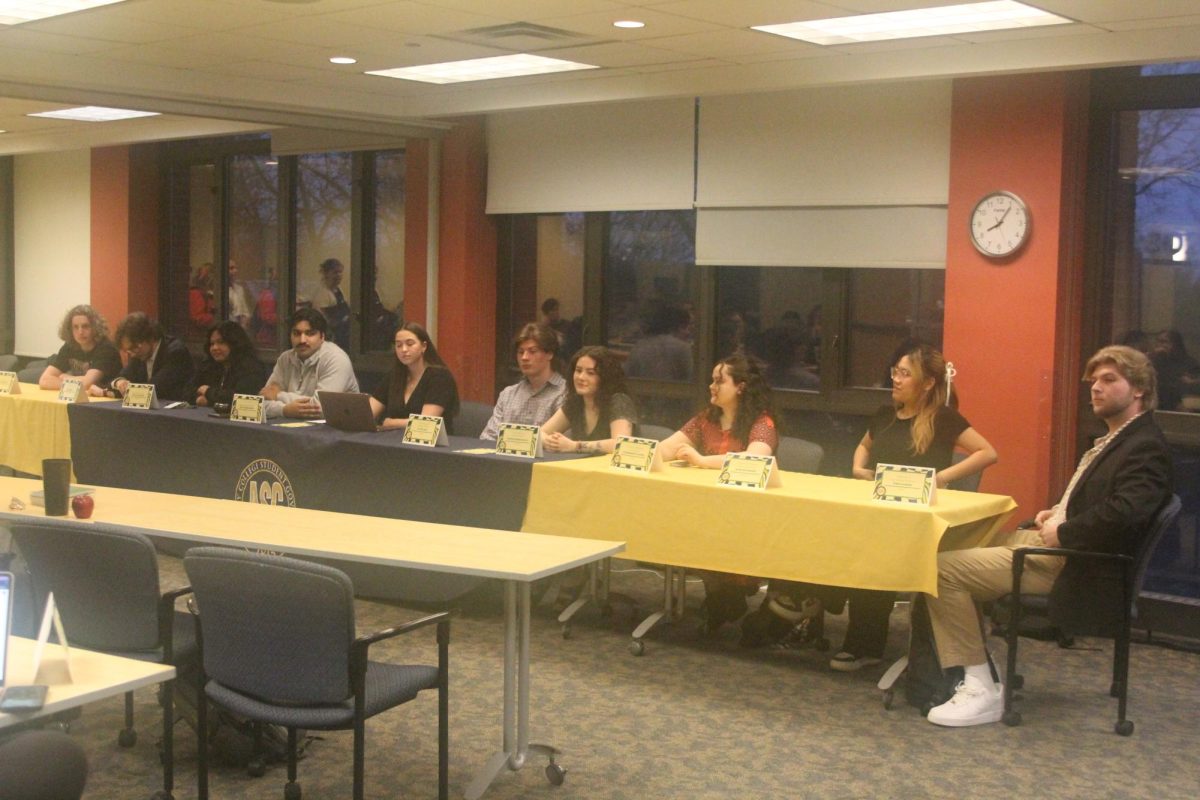One catalyst for his success was the Northwest Pennsylvania College Business Plan competition, a contest that challenges students to submit business plans to potential investors. Suchora went on to place first in the competition with a business plan that provides software to help students take standardized tests faster.
“[Suchora] created software that helps you speed through the math portion of the SAT, and it’s been approved by the College Testing Service,” said economics professor Chris Allison. “He’s made about $20,000 from it.”
Although the contest is in it’s sixth year, this is only Allegheny’s second year of submitting. After last year’s win, teams of students are looking to repeat Suchora’s success. In December, Allegheny students submitted six business plans to the contest, which receives over 50 submissions annually from 10 colleges throughout the region. Allegheny took five of this year’s 16 semifinalist slots on Jan. 7.
Next, the remaining teams must draft a 10-page, more in-depth business plan. Of the 16 semifinalists, six will be selected to compete in the finals competition in April. If any of the Allegheny teams place, they will receive a cash prize of up to $7,000 and possibly an investment in their company, which professors are eager to see happen.
“It’d be exciting to see investors follow through on this and see companies that contribute to employment growth,” said economics professor John Golden. “Then, maybe we’d see Allegheny students join them and, you know, change the world.”
The competition is hosted by the Center for eBusiness and Advanced IT, and by the three ‘Key Innovation Zones’ of Erie, Northwest Pennsylvania and the Tri-County area, according to Golden. These companies focus on innovation technology, and are a part of Pennslyvania’s economic stimulus package. The competition provides students with an outlet to develop business skills, but it also offers investment opportunities for area financiers in the proposed companies.
“One reason the people in Erie do [the competition] is for economic development purposes,” Allison said. “[Our] success is because of the fact that [investors] think these could be actual working businesses.”
This year, four of the five semifinalist plans were crafted by students from the Introduction to Entrepreneurship course co-taught by Allison and Golden. Plans include a grocery delivery service for retirees, a power strip with extendable outlets, a video monitoring system for assisted living facilities and an online Kindle-style cookbook.
The fifth submission, a plan titled “Unsoiled Agriculture,” came from students in an environmental science junior seminar on sustainable development. The project uses aquaponics, a system that combines aquaculture with hydroponics, or growing plants without soil. The plan involves farming tilapia and growing lettuce underwater for commercial sale in the region.

“I know a lot of my guidance can be credited to the professors,” Schmitt said. “They pushed us to work hard to get this done, because to put together this business plan should take longer than a three-month period.”
From an educational perspective, the competition and the course provide students with a learning experience that is more hands-on than the normal economics course, according to Allison.
“[The objective of] the learning outcome for the classes is for students to be able to function in an entrepreneurial environment, whether it be in a corporation or a startup,” Allison said. “We want them to be valuable to their businesses right from the start, you know, hitting the ground running.”
On a grander scale, the competition could be important for the future of the economy, said Golden.
“The real interest in getting students interested in developing entrepreneurial skills is how important small entrepreneurial companies are for the economy. Since the 1970s, small companies with under 500 employees have accounted for roughly 60 percent of net new job creation,” said Golden. “At a time when Fortune 500s are downsizing and outsourcing, this vibrant sector of the economy will continue to do its part.”
Although advancement in the competition is the goal, professors and students agree that that the experience itself is where much of the value lies. By the end of the competition, students may very well end up making waves, even if they don’t make thousands.






